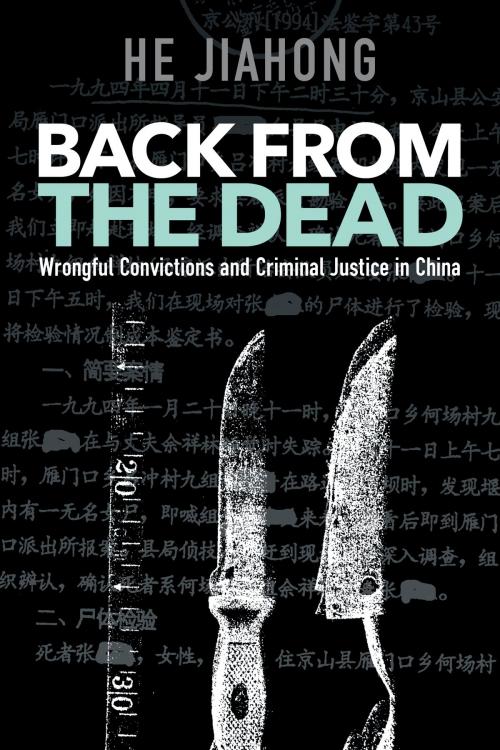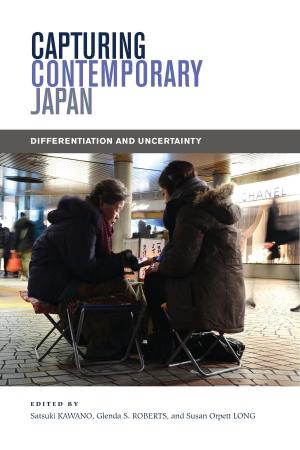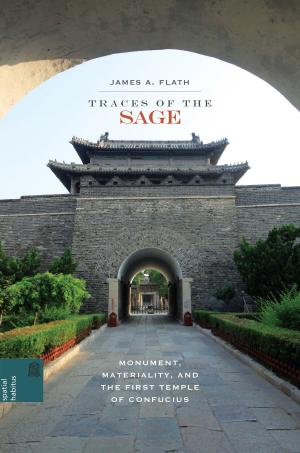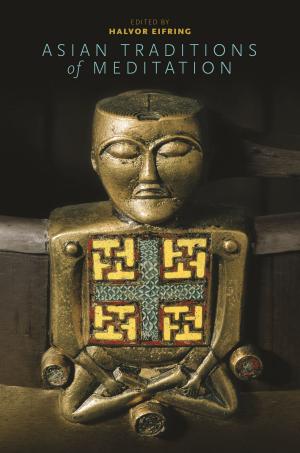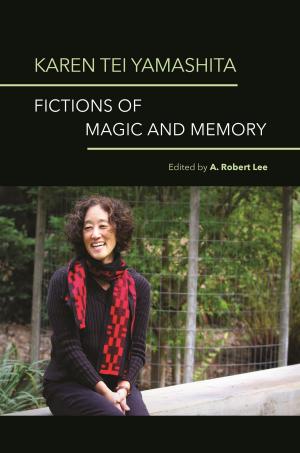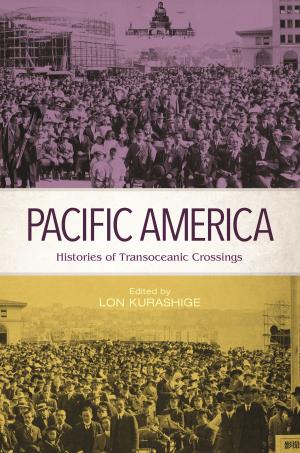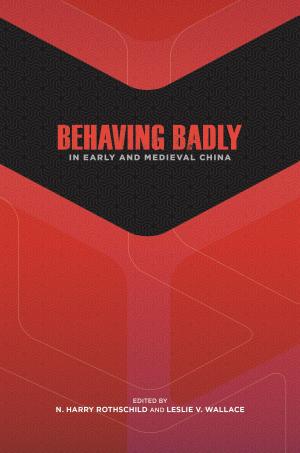Back from the Dead
Wrongful Convictions and Criminal Justice in China
Nonfiction, Reference & Language, Law, Criminal Procedure, Criminal law, History, Asian, China| Author: | Jiahong He | ISBN: | 9780824856632 |
| Publisher: | University of Hawaii Press | Publication: | March 31, 2016 |
| Imprint: | University of Hawaii Press | Language: | English |
| Author: | Jiahong He |
| ISBN: | 9780824856632 |
| Publisher: | University of Hawaii Press |
| Publication: | March 31, 2016 |
| Imprint: | University of Hawaii Press |
| Language: | English |
China's party-run courts have one of the highest conviction rates in the world, with forced confessions remaining a central feature. Despite recent prohibitions on evidence obtained through coercion or torture, forced confessions continue to undermine the Chinese judicial system. Recounting some harrowing cases of wrongful conviction, acclaimed legal scholar and novelist He Jiahong analyzes many problems in China's justice system. In one such case, Teng Xingshan was convicted in 1988 and later executed for murdering his mistress, but almost six years later it was discovered that the supposed victim, Shi Xiaorong, was still alive. In 2005, Teng's children submitted a complaint to the Hunan High People's Court, which then issued a revised judgment. In another case, She Xianglin was convicted of murdering his wife in 1994 and was sentenced to death, but this sentence was later commuted to fifteen years' imprisonment. In 2005, She's wife, presumed dead for over eleven years, "returned to life"; She was released from prison two weeks later, retried and found not guilty.
With riveting examples, the author surveys the organization and procedure of criminal investigation, the lawyering system for criminal defense, the public prosecution system, trial proceedings, as well as criminal punishments and appeals. In doing so, He highlights the frequent causes of wrongful convictions: investigators working from forced confessions to evidence; improperly tight deadlines for solving criminal cases; prejudicial collection of evidence; misinterpretation of scientific evidence; continued use of torture to extract confessions; bowing to public opinion; nominal checks among the police, prosecutors and the courts; the dysfunction of courtroom trials; unlawfully extended custody with tunnel vision; and reduced sentencing in cases of doubt. The author also provides updated information about recent changes and reforms as well as the many continuing challenges of the criminal justice system in China.
China's party-run courts have one of the highest conviction rates in the world, with forced confessions remaining a central feature. Despite recent prohibitions on evidence obtained through coercion or torture, forced confessions continue to undermine the Chinese judicial system. Recounting some harrowing cases of wrongful conviction, acclaimed legal scholar and novelist He Jiahong analyzes many problems in China's justice system. In one such case, Teng Xingshan was convicted in 1988 and later executed for murdering his mistress, but almost six years later it was discovered that the supposed victim, Shi Xiaorong, was still alive. In 2005, Teng's children submitted a complaint to the Hunan High People's Court, which then issued a revised judgment. In another case, She Xianglin was convicted of murdering his wife in 1994 and was sentenced to death, but this sentence was later commuted to fifteen years' imprisonment. In 2005, She's wife, presumed dead for over eleven years, "returned to life"; She was released from prison two weeks later, retried and found not guilty.
With riveting examples, the author surveys the organization and procedure of criminal investigation, the lawyering system for criminal defense, the public prosecution system, trial proceedings, as well as criminal punishments and appeals. In doing so, He highlights the frequent causes of wrongful convictions: investigators working from forced confessions to evidence; improperly tight deadlines for solving criminal cases; prejudicial collection of evidence; misinterpretation of scientific evidence; continued use of torture to extract confessions; bowing to public opinion; nominal checks among the police, prosecutors and the courts; the dysfunction of courtroom trials; unlawfully extended custody with tunnel vision; and reduced sentencing in cases of doubt. The author also provides updated information about recent changes and reforms as well as the many continuing challenges of the criminal justice system in China.
